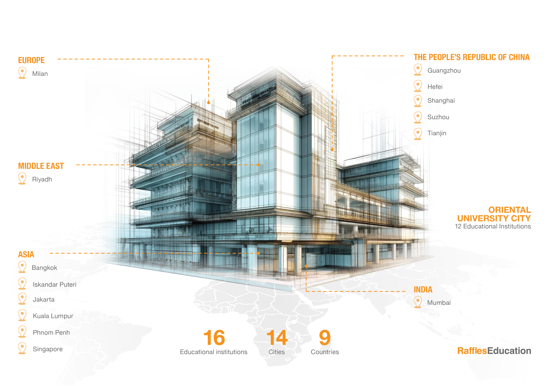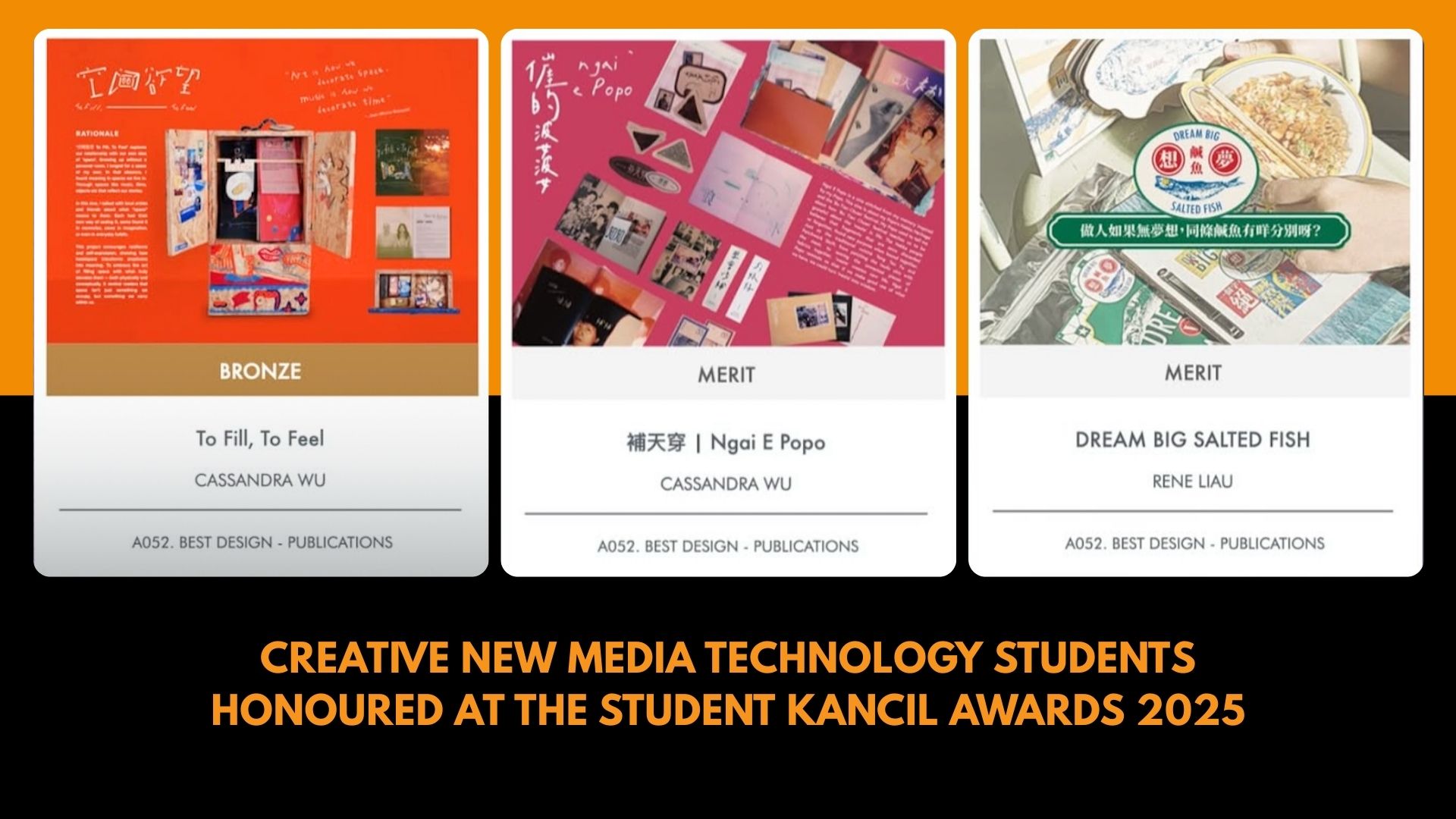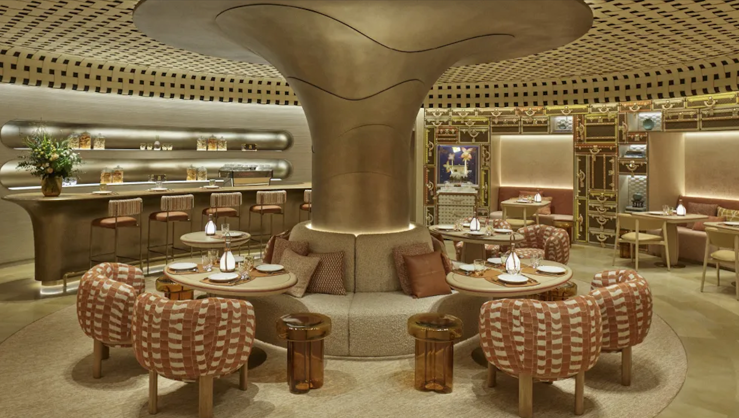
In today’s interconnected world, a product alone is insufficient. The market has transitioned from a service-oriented economy to one focused on experiences, where individuals value narratives, emotions, and feelings equally alongside functionality. Organizations across various sectors, including fashion, finance, retail, and technology, are increasingly competing not just on their products but also on the emotional experiences they provide to customers. A Starbucks latte is priced higher than a coffee from a local café. However, countless individuals are prepared to invest additional funds because Starbucks offers more than just caffeine; it provides comfort, a sense of belonging, and personalized experiences. Similarly, companies such as Apple and Disney excel in creating customer satisfaction by ensuring that every aspect, from packaging to user experience, fosters happiness and loyalty.
Transitioning from satisfaction to establishing an emotional connection
Historically, the focus was on addressing issues related to customer satisfaction. Did the product perform as expected? Were you satisfied with the service provided? However, satisfaction has now evolved into an emotional connection. Brands are now evaluated not only on their performance but also on their ability to comprehend and connect with others. Studies indicate that customers with emotional connections are twice as valuable as those who are merely satisfied. Customers demonstrate increased purchasing frequency, higher spending, and actively promote the brand to others. Luxury brands invest in emotional storytelling, while Sephora focuses on community engagement. Similarly, Marriott and other hospitality companies emphasize “moments of delight” rather than merely delivering good service.
The Expansion of the Experience Economy
Pine and Gilmore (1998) introduced the concept of the “experience economy” to characterize a landscape in which experiences are commodities available for purchase. Clients seek more than mere products; they desire significance. This trend has gained momentum since the pandemic: individuals seek authenticity, a personal connection, and joy in every interaction. Consider the impact of Airbnb on travel, providing opportunities for individuals to immerse themselves in local cultures. Nike has transformed its stores into interactive environments, allowing customers to customize shoes, participate in workshops, and utilize treadmills within the retail space. Banks such as DBS Singapore are now prioritizing digital experiences that are user-friendly and convey a sense of personal interaction, even within the financial services sector. The objective remains consistent across all domains: to ensure that each transaction evokes an emotional response.
The Significance of This Matter in Current Times
In 2025, individuals are presented with an overwhelming number of choices and an abundance of information. Attention has become a valuable asset, as algorithms now determine visibility. Amidst the surrounding commotion, brands that genuinely bring joy to individuals distinguish themselves. Today’s individuals, particularly those from Generation Z, seek more than just functional products. Consumers seek brands that align with their values, recognize their individuality, and enhance their overall quality of life. In other terms, possessing happiness now provides a competitive advantage. Satisfied customers contribute positively to business success and facilitate growth. Deloitte (2024) indicates that organizations prioritizing customer experience sales growth exceeding 60%compared to their competitors. A significant 86% of customers express a willingness to invest more for an enhanced experience. It is a straightforward equation: organizations that prioritize customer satisfaction achieve financial success.
Creating Products That Enhance User Satisfaction
What strategies do companies employ to ensure customer satisfaction?
Personalization: Clients expect brands to recall their preferences and anticipate their needs.AI-driven personalization, exemplified by Netflix’s recommendations and Zalora’s style curation, fosters trust and enhances relevance.
Purpose and transparency: Customers appreciate brands that are authentic and transparent. Patagonia’s initiatives towards environmental sustainability and Dove’s “Real Beauty” campaigns exemplify how aligning business objectives with meaningful purpose can enhance customer.
A cohesive omnichannel experience ensures uniformity across all platforms, from physical storesto applications. An unfavorable online experience can erode trust more swiftly than a delayeddelivery. Even prestigious brands such as Gucci and Louis Vuitton invest significantly in ensuring the seamless integration of their online and offline retail experiences.
Transformations Within Organizations
The concept of “customer happiness” has transformed internal business operations. Organizations are investing in customer experience teams, empowering employees, and making design decisions informed by data. Companies such as Zappos and The Ritz-Carlton have consistently demonstrated that satisfied employees lead to satisfied customers by empowering them to exceed customer expectations. In this evolving landscape, every team member, beyond just customer service, plays a crucial role in ensuring success. Even finance, marketing, logistics, and technology must consider the emotional aspects, not solely the financial outcomes.
An International Education for a Worldwide Experience
At Raffles, we understand that the future of business revolves around individuals. We are committed to preparing future leaders who possess the ability to craft experiences that inspire, and influence perspectives. Our Business, Marketing, and Fashion Management programs are designed to equip students with the skills to develop brands that prioritize customer satisfaction in their strategic planning and marketing efforts. With this education, students can confidently navigate the evolving business landscape.
The International Network of Raffles Education
Since establishing its first college in Singapore in 1990, Raffles Education has expanded to operate 16 schools across nine countries in the Asia-Pacific and Europe. Students at Raffles receive a quality education complemented by substantial hands-on experience that proves beneficial in practical applications. This facilitates access to enhanced employment opportunities.

Raffles Global
Our inter-school transfer program offers students the opportunity to attend any college within the Raffles network, experience diverse cultures, and reside overseas. Engaging in a multinational environment enables our students to forge new connections, gain insights into diverse cultures, and significantly enhance their employment opportunities beyond their home country.
Arman POUREISA
Marketing Manager
References
Business Insider Africa. (2025). The experience economy: Why every business is now in the customer happiness business. Retrieved from https://africa.businessinsider.com/local/lifestyle/the-experience-economy-why-every-business-is-now-in-the-customer-happiness-business/cnkkn7x
Deloitte. (2024). Global customer experience trends report. Deloitte Insights
Pine, B. J., & Gilmore, J. H. (1998). Welcome to the experience economy. Harvard Business Review
Kotler, P., Kartajaya, H., & Setiawan, I. (2021).
Marketing 5.0: Technology for humanity. Wiley







